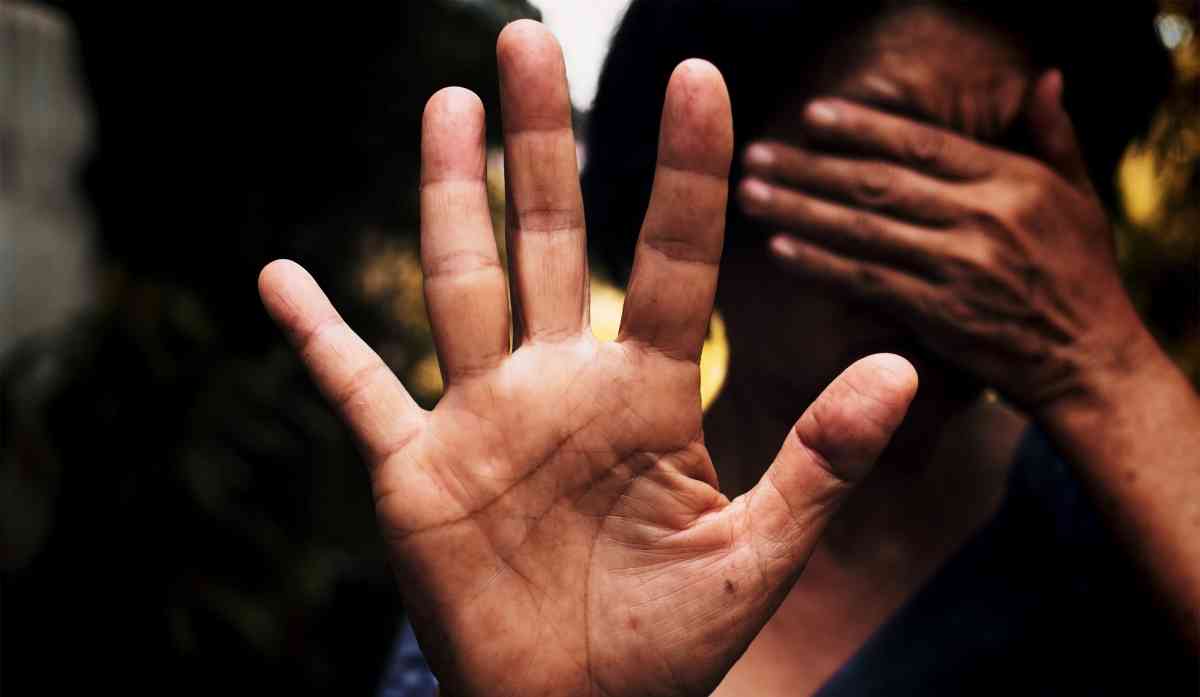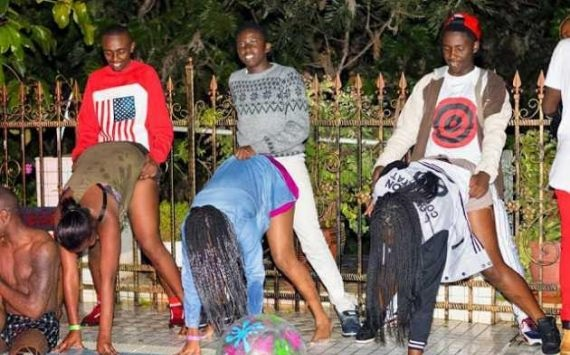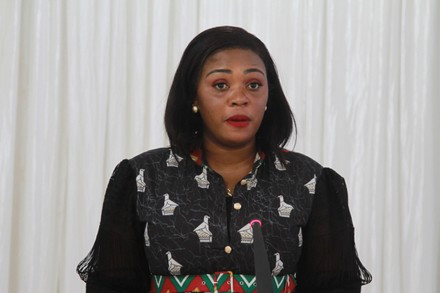
WOMEN Affairs, Community, Small and Medium Enterprises Development minister Sithembiso Nyoni says government is considering enactment of tougher legislation that will include mandatory sentence for rapists.
The country has experienced a surge in gender-based violence (GBV) cases against girls and women.
Speaking at a Parliament dialogue session on GBV in Harare yesterday, Nyoni said punitive legislation to curb child abuse was needed.
“At policy level, my ministry has been lobbying for enactment of legislation that will provide for mandatory sentencing of perpetrators of rape and also for the development of a Sexual Harassment Act, which will provide guidance for punishing offenders of sexual harassment and abuse,” she said.
“Let me hasten to say that in light of the recent spike in cases of child sexual abuses, these pieces of legislation are now needed more than ever before.”
Statistics from the Multiple Indicator Cluster Survey show that 33% of girls in the country are married off before the age of 18, which translates to one in every three girls, a figure which is too high to be ignored.
The survey also reveals that 42% of women aged 15 to 49 years experienced physical or sexual violence at some point in their life.
“We cannot develop as a nation if we continue to have such high figures of our women becoming victims of violence perpetrated by a male figure close to them. The story being told by our experiences and the statistics should serve as a pointer that we have challenges in meeting the sustainable development goals and the National Vision 2030, all which speak to leaving no one behind,” Nyoni added.
- Churches best positioned to deal with GBV
- The style interview: Tozeza Baba addresses gender-based violence
- Traditional leaders should front GBV fight
- GBV survivors share horrific stories
Keep Reading
Meanwhile, the Society for Pre- and Post-Natal Services (SPANS) says women and girls tend to suffer more mental stress due to GBV.
This comes as the country joined the rest of the world in commemorating 16 Days of Activism Against GBV, amid indications that one in three women experience GBV in their lifetime.
SPANS secretary and chief talent team leader Linos Muvhu said: “Women and girls as a whole suffer mental health issues due to GBV. This is a global and social issue and it’s a human rights issue which affects families, communities, religion and the country at large. Therefore, we need to unite in activism to end violence towards women and girls.”
In a report, the United Nations Women and the United Nations Office on Drugs and Crime called for action against GBV saying: “The findings of this report show that in 2021, around 45 000 women and girls worldwide were killed by intimate partners or other family members. This means that more than five women or girls are killed every hour by someone in their own family.”
In a statement, the Zimbabwe Environmental Law Association (Zela) said GBV had long-term psychosocial harm and social and economic consequences, or even death.
“The indirect negative impacts include increased poverty that creates a cycle of underdevelopment,” the Zela statement read.
The Women and Law in Southern Africa (WLSA) has also indicated that the Electoral Amendment Act should include comprehensive clauses that criminalise GBV on female candidates.
The Electoral Act is expected to be amended ahead of the 2023 polls, electoral stakeholders feel that the proposed amendments are “cosmetic” and do not cover issues they suggested should be included in the Bill.
Part of the proposed changes will include amendments to section 4(1) of the principal Act, which proposes disqualification of a National Assembly or local authority candidate convicted of electoral violence within a 12-month period before elections.
Pointing out that GBV on female candidates remains a social ill, WLSA said: “We recommend that the amendment should read as follows: (a) In Zimbabwe of an offence of which breach of trust, dishonesty or physical violence, sexual harassment, online and information communication technology-related violence including all forms of gender-based violence as defined by the Domestic Violence Act sections 3 and 4, and the Criminal Law (Codification and Reform) Act section 36 on public violence and sections on sexual crimes is an essential element.”
Recently, opposition Citizens Coalition for Change proportional representation legislator for Bulawayo, Jasmine Toffa was brutally attacked by suspected Zanu PF supporters while campaigning for her party in Insiza.
Women have always raised concern that electoral violence deters them from participating as candidates.
Follow us on Twitter @NewsDayZimbabwe











